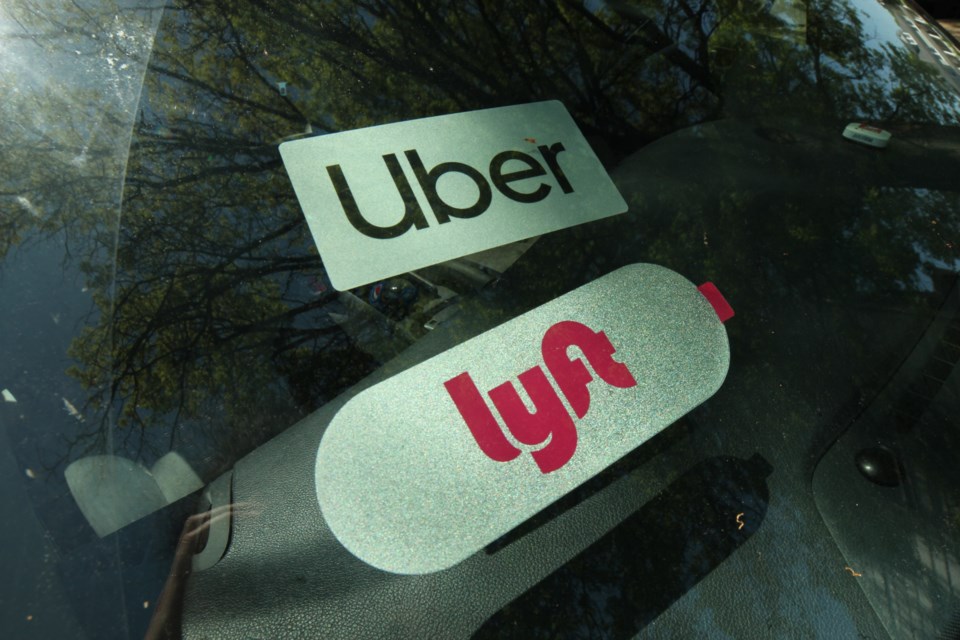It’s taken over eight years, many court battles and political plays, but ride sharing companies Lyft and Uber are finally operating in the Lower Mainland and Whistler.
The B.C. Passenger Transportation Board approved the applications from companies on January 23; both companies were up and running less than 24 hours later.
Currently, Lyft is concentrated in Vancouver’s core until it has more drivers, using Dunbar Street to the west, Victoria Drive to the east and 41st Avenue to the south as boundaries. It will also service the Pacific National Exhibition and airport.
Uber’s net is a bit wider, encompassing Coquitlam and the North Shore. With Uber you can also book a ride from anywhere inside their service area, which means I could get from North Van to Chilliwack, but since the Fraser Valley is outside their service area, I couldn’t book a ride back. The cost for that trip would (normally) be about half that of a taxi, which of course is a big part of the appeal of ride sharing.
Both companies say they will expand their service areas once they have more drivers. After all these years of delay, is anything different in Vancouver than other cities where this service has been available for years? Not really.
There’s still opposition from taxi drivers, and there are no new safety measures that are the result of all these years of delay.
Surrey Mayor Doug McCallum is trying to stop the service from operating in the city, a move that could end up costing him some popularity, especially now that Uber and Lyft are available in the Lower Mainland. An Uber driver said he was ticketed for accepting a ride request there.
The length of time it took to get ride sharing in this province is embarrassing. It points to the archaic, bureaucratic delays and political posturing that holds up advancement. Ride sharing may be here now, in places. But it won’t be the only innovation to come that has to pass through a stifling regulatory framework.
The ride sharing debacle provides a lens through which we can examine the way decisions around innovation are made and ask ourselves what kind of province we want, one at the forefront of new technology or one that drags its feet and passes the buck?
Ada Slivinski is the Founder & Principal of Jam PR, a boutique agency focused on helping small businesses get big exposure. You can reach her at [email protected]
SWIM ON:
- Last week, Ada Slivinski looked at Harry and Meghan's Vancouver Island sojourn - whatever else you think, it was a boon for local business.
- Daniel Fontaine called it in December: ride sharing still faces a bumpy road in BC.
- Last January, Bob Price reminded us that ride sharing is not (just) a big city issue.



